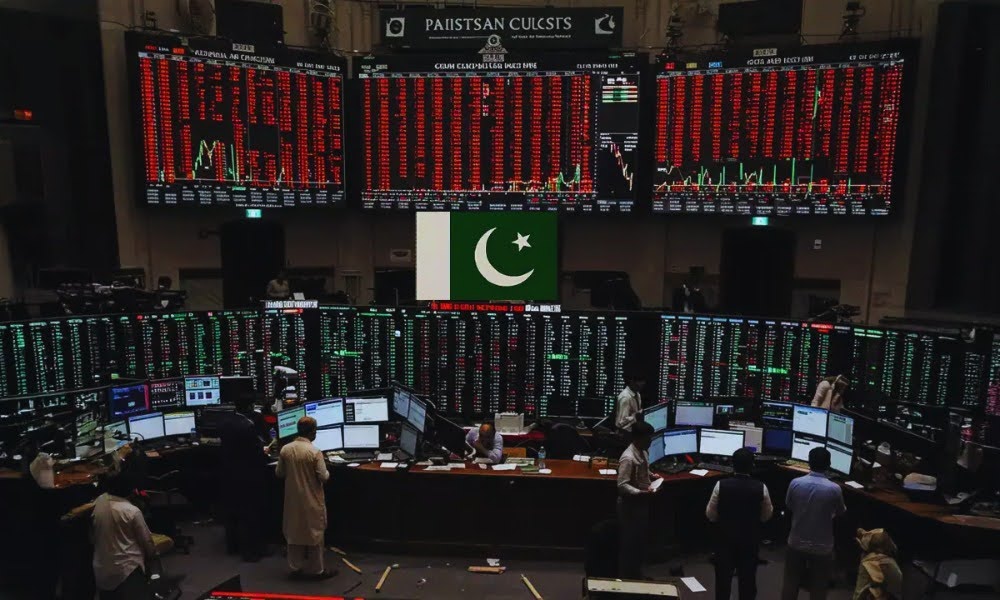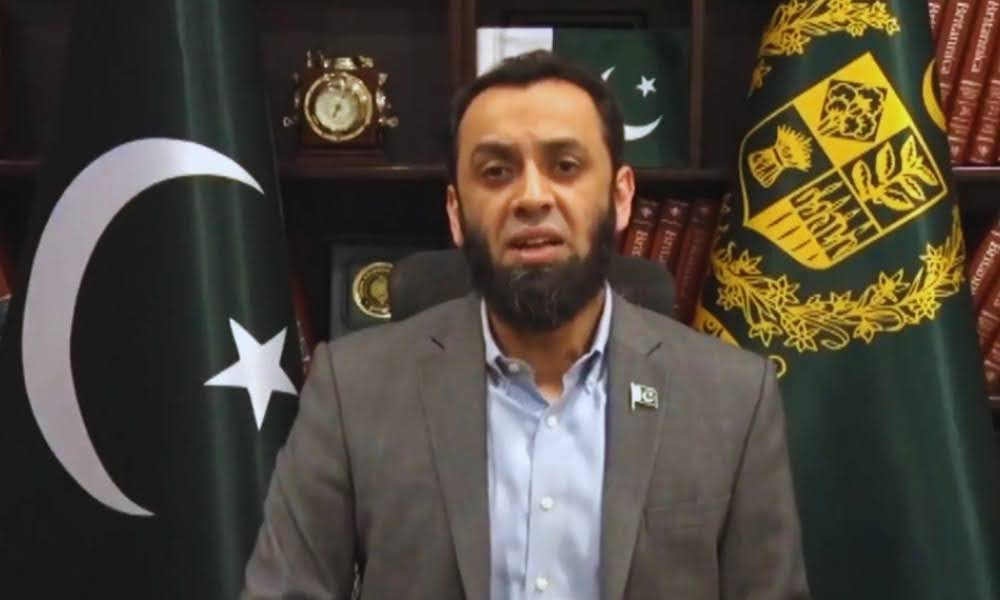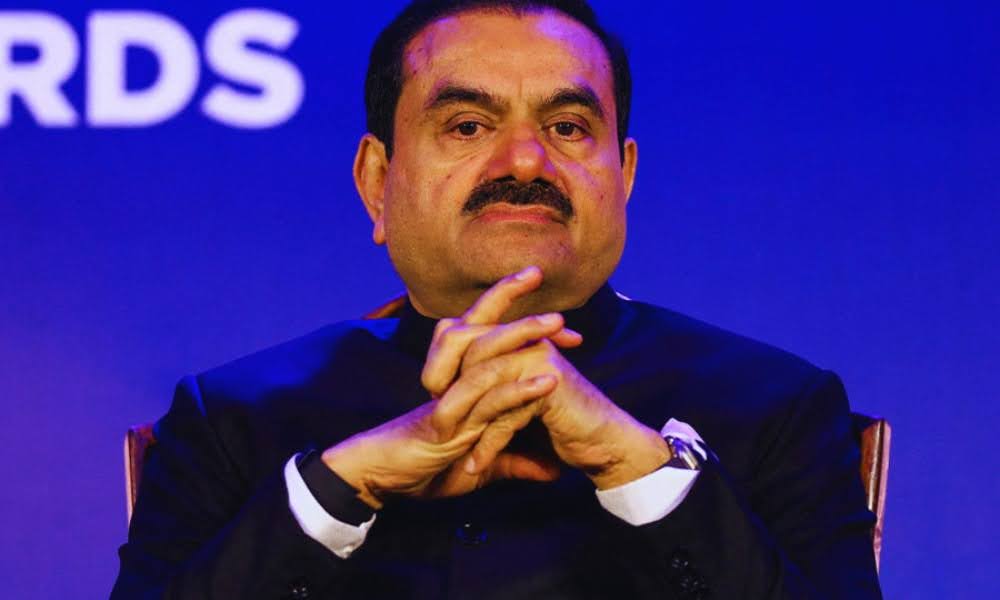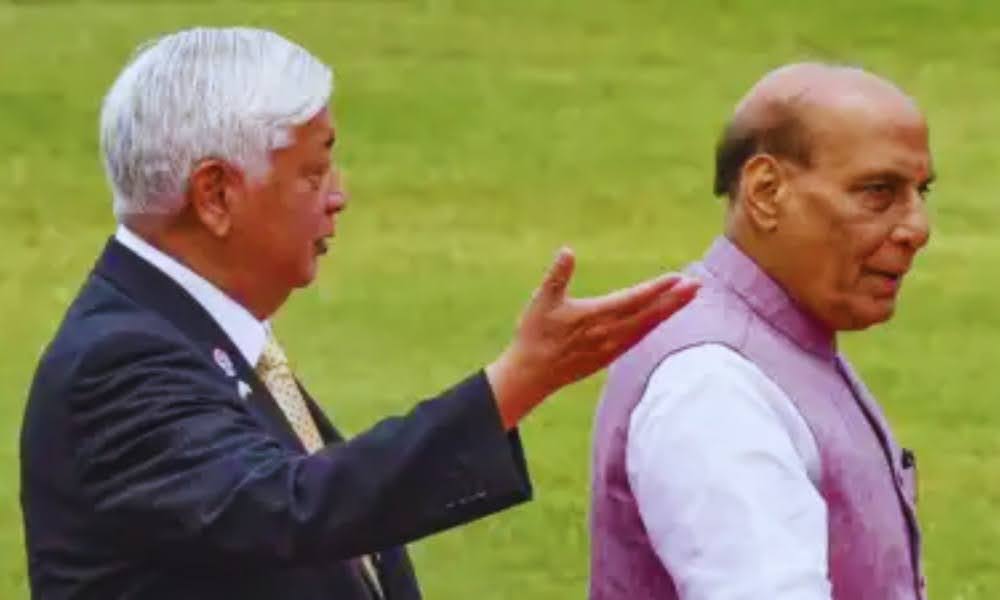Shehbaz Sharif Calls India’s Strikes in PoK an ‘Act of War,’ Vows Befitting Response
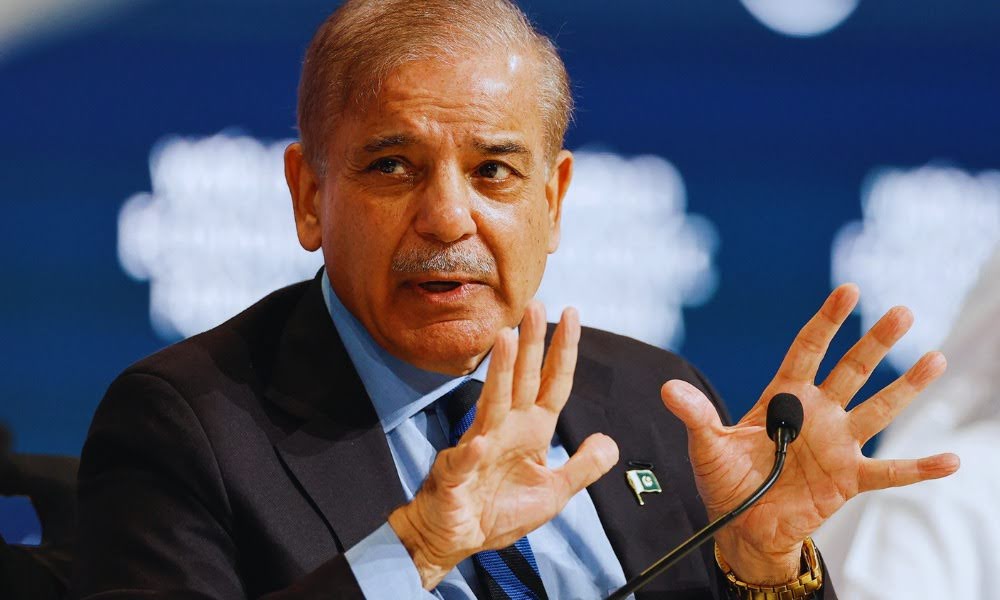
Pakistan Prime Minister Shehbaz Sharif has described the Indian missile strikes on terror sites in Pakistan-occupied Kashmir (PoK) and Punjab province as an “act of war.”
The strikes, carried out early Wednesday (May 7, 2025), were launched in response to the Pahalgam terror attack that killed 26 people, mostly tourists. Sharif stated that Pakistan has every right to deliver a “befitting reply.”
India Launches ‘Operation Sindoor’ in Retaliation for Terror Attack
According to the Indian Army, the missile strikes targeted terrorist infrastructure in PoK and Punjab, which were allegedly involved in orchestrating attacks against India.
Indian officials reported that the operation was in direct response to the Pahalgam attack on April 22.
Pakistan Army spokesman Lt. Gen Ahmed Sharif Chaudhry confirmed that eight people were killed and 35 others injured in the Indian missile attacks across six locations.
He stated during a morning press conference that 24 impacts had been reported from different weapons systems.
Multiple Sites Hit, Civilian Casualties Reported
Lt. Gen Chaudhry detailed the destruction caused in various regions. In Ahmedpur East, Bahawalpur, four missile strikes reportedly hit Subhan mosque, killing five people, including a three-year-old girl, and injuring 31 civilians. The mosque and four residential quarters were destroyed.
In Muzaffarabad, Bilal mosque was also targeted, resulting in one injury and significant damage.
In Kotli, five strikes on Abbat mosque killed two people, including a 16-year-old girl and an 18-year-old boy, while injuring a woman and her daughter.
In Muridke, the Umalkura mosque suffered four missile impacts, leaving one man dead and another injured, with two others missing. The area also suffered economic damages to pottery businesses.
Sialkot district’s village of Kotki Lohara saw two strikes, one of which misfired while the other landed in an open field, causing no damage. In Shakargarh, two strikes resulted in minor damage to a dispensary but no casualties.
Pakistan Reacts Strongly, Airspace Closed, Security Council Meets
Prime Minister Sharif asserted that India carried out attacks at five different locations, calling the move an act of war. He warned that “a strong response is indeed being given,” and emphasized that his armed forces “know very well how to deal with the enemy.”
He added, “We will never let the enemy succeed in its nefarious objectives.” Sharif has convened a National Security Council meeting at 10 a.m. to assess the situation further.
In a move reflecting the seriousness of the situation, Pakistan closed its airspace to all traffic for 48 hours.
Pakistan’s Top Ministers Condemn India’s Strikes
Deputy Prime Minister and Foreign Minister Ishaq Dar called the Indian actions a “flagrant violation” of Pakistan’s sovereignty and international law. He warned that the strikes have “jeopardised regional peace.”
The Pakistani Foreign Office described the missile operation—conducted from within Indian airspace—as an “unprovoked and blatant act of war.”
Defence Minister Khawaja Asif declared that Pakistan would respond “with full force” and that the retaliation would be both “kinetic and diplomatic.”
He added, “All places are open for the international media to verify if they targeted terrorists’ camps or civilians.”
Specific Targets Identified by Pakistan
According to officials, the Indian strikes focused on areas in Kotli, Muzaffarabad, and Bagh in PoK, along with Bahawalpur and Muridke in Punjab.
Army spokesman Chaudhry told ARY News that strikes hit Subhanullah mosque in Ahmedpur East and three different sites in Kotli and Muzaffarabad.
He stated that Indian aircraft did not cross into Pakistani airspace. “This cowardly and shameful attack was carried out from within India’s airspace. They were never allowed to come and intrude,” he said.
Warning of Retaliation and Heightened Tensions
Lt. Gen Chaudhry warned that Pakistan’s response would come “at a time and place of its own choosing.” He added, “This heinous provocation will not go unanswered,” and promised that the “temporary happiness” of India would be replaced with “enduring grief.”
Tensions between India and Pakistan have worsened significantly since the Pahalgam terror attack. In response, India suspended the Indus Waters Treaty, shut down the Attari land border crossing, and downgraded diplomatic ties.
Indian Prime Minister Narendra Modi reportedly told his military leadership that the armed forces had “complete operational freedom” to determine the method and targets for retaliation.
Global Concern Over Escalation
India confirmed that it had targeted nine sites in PoK and Punjab, while Pakistan reported strikes and firing along the Line of Control, claiming 26 dead and 46 injured.
The U.S. National Security Council acknowledged the rising tensions, with Secretary of State Marco Rubio speaking to officials in both countries. President Donald Trump called the conflict “a shame” and expressed hope that “it ends very quickly.”



